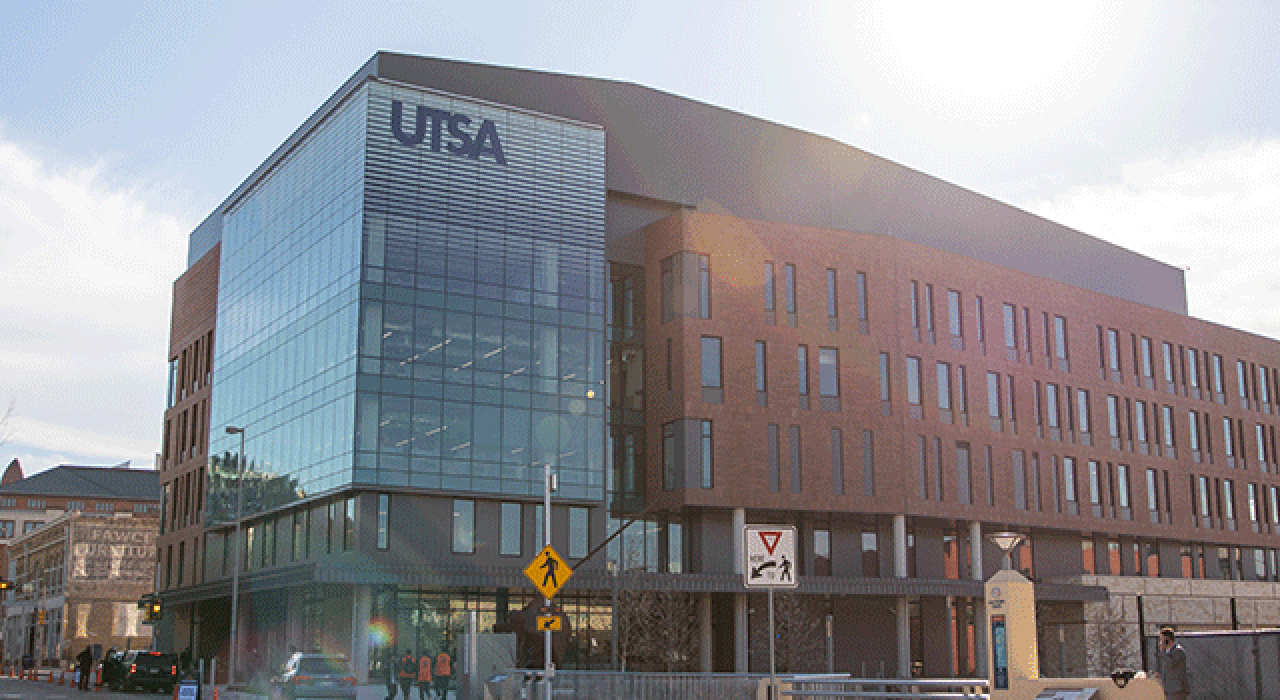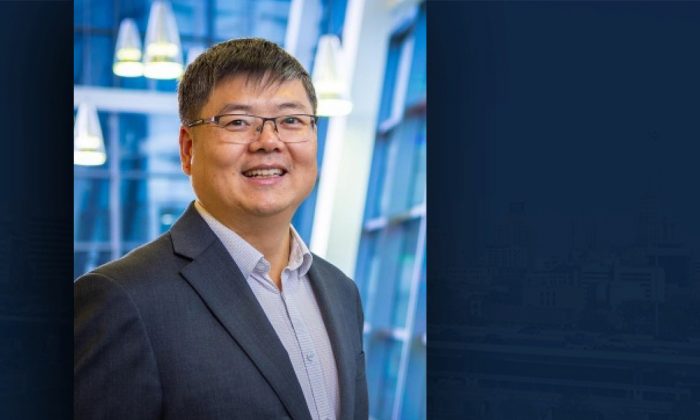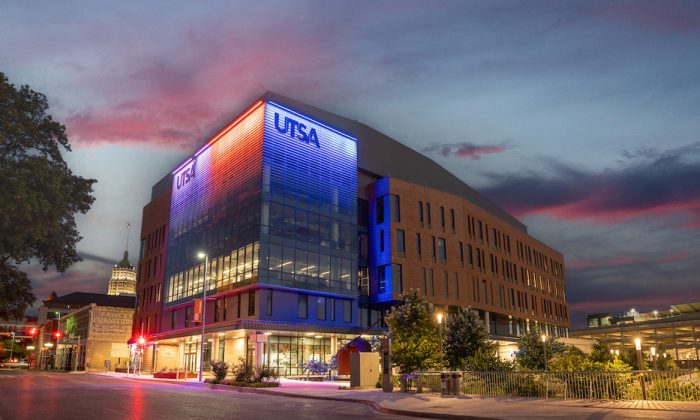FEBURARY 15, 2024 — UTSA computer science professors Jianwei Niu and Amanda Fernandez have been awarded a $400,000 grant from the Reboot Representation Tech Coalition to provide scholarships and professional development opportunities for underserved undergraduate students at UTSA over the next two years.
Reboot Representation is a coalition of leading tech companies that collectively make targeted, philanthropic investments in programs and institutions that make education and careers in computing more accessible.
The funding will enable the UTSA School of Data Science to partner with the professors across the university and the Reboot Representation Tech Coalition to provide designated space and equipment support within San Pedro I for studying, collaboration and mentorship.
“San Pedro I is designated as a collaborative, interdisciplinary space for data science — not necessarily just for data science majors.”
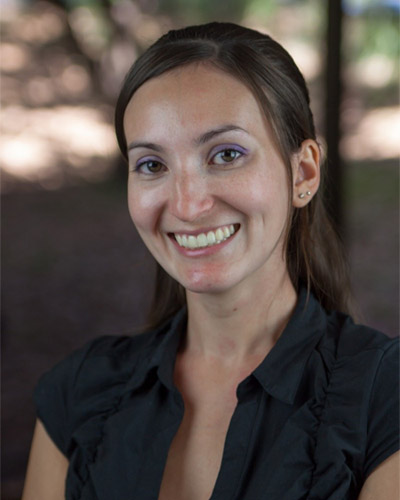
The grant will be used, in part, to equip a multipurpose area on the first floor of San Pedro I with computers and monitors for student use, specifically the underserved. This move is intended to increase the accessibility of this equipment for all students, said Fernandez, program co-leader and assistant professor of computer science in the UTSA College of Sciences.
“We don’t require that students come in with laptops or computing resources,” she explained, “and we do actually have computer science majors who don’t have laptops or a computer at home, so we want to work with them and make sure that they have the resources that they need to be successful.”
While collaborative areas exist throughout San Pedro I, this designated space will be specifically designed to offer programming opportunities such as tutoring, workshops and mentoring from faculty, peers and community members.
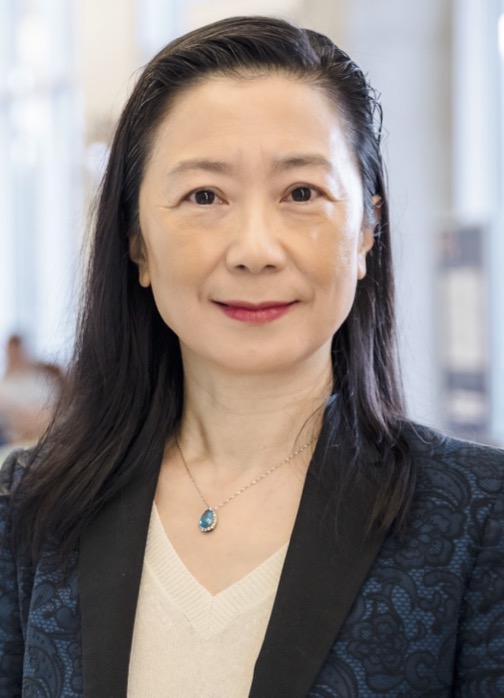
“We have a significant number of alumni in the San Antonio area,” said Niu, program lead, SDS core faculty member and interim dean of the UTSA University College. “I am confident that they will be happy to come and work with the current junior and senior students, providing guidance and insights to prepare them for their future careers.”
At the same time, UTSA is recruiting local professionals to provide students with access to experts in a diverse array of topics. From database curation to robotics, Fernandez said that computer science students face a dizzying number of choices in their junior and senior years when the time comes to pursue internships or employment. These industry connectors are also key to providing students with high-quality experiential learning opportunities that will help graduates set themselves apart as they compete for jobs.
“We want to tap professionals in the area to come talk about what it’s like in different types of jobs, because computer science is a broad industry,” Fernandez explained. “They can come in and help our students figure out which internship they might want to apply for or which field they might want to look into.”
In addition to equipment and learning opportunities, the grant will also provide financial support for students.
“This funding will provide scholarships to reduce the financial burden of college students in need,” said Niu. “Forty-five percent of our undergraduate students are first-generation college students and a substantial number of them are on financial aid. A scholarship will help alleviate their financial burden, facilitating their timely graduation.”
While the individual components of Reboot Representation at San Pedro I are intended to benefit computer science students specifically, Niu said the resources can be used by students of all majors.
“San Pedro I is designated as a collaborative, interdisciplinary space for data science — not necessarily just for data science majors but also for students who may want to apply data science or computer science to different industries,” she said. “This will open doors for those students who might stop by.”
Reboot Representation at SPI is scheduled to begin this fall.
